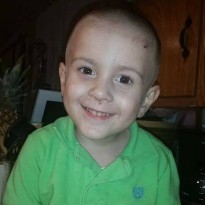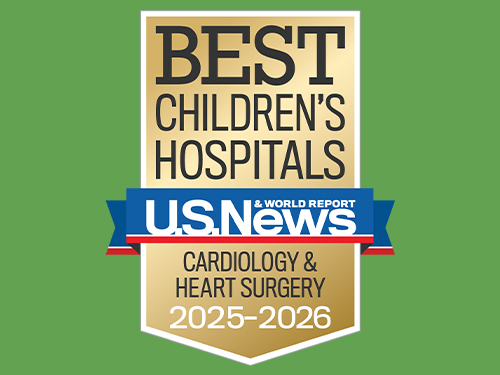Heart transplantation has been used for the treatment of end-stage pediatric heart disease for nearly 5 decades. When a newborn or child enters the Children’s Memorial Hermann Pediatric Heart Transplant Program, the patient will receive individualized care from the same multidisciplinary team of affiliated physicians, nurse clinicians, social workers, coordinators and others, to ensure continuity and quality of care. Throughout the transplantation process, parents and referring physicians are kept informed about the patient’s progress.
Children who have severe heart failure where no medical or surgical therapeutic options are available may be candidates for a heart transplant. Patients and families undergo rigorous medical, psychological and social evaluations. Based on the results of the evaluation and previous medical records, the Children’s Memorial Hermann Hospital Medical Review Board makes a decision about the advisability of heart transplantation.
Patients considered for transplantation may have one of the following conditions:
- Dilated cardiomyopathy
- Hypertrophic cardiomyopathy
- Restrictive cardiomyopathy
- Structural/anatomic defects with failed palliation or
- Cardiotoxicity from oncologic treatment
Once transplant candidates have undergone a thorough screening process, they are placed on the national transplant list and monitored while awaiting a donor heart. All children who are candidates for a pediatric heart transplant are listed through the United Network of Organ Sharing (UNOS), which matches organ donations with adults and children across the United States. Once placed on a waiting list, patients are given a status code. Sicker children with an urgent need for a new heart usually are given higher priority. When a donor is identified, UNOS selects the patient in the region who has been on the waiting list the longest.
UNOS matches donated organs with transplant candidates in ways that save as many lives as possible and provide transplant candidates with the best possible chance of long-term survival. Matching criteria are programmed into the UNOS computer matching system. Only medical and logistical factors are used in organ matching, so that income or insurance coverage play no role in transplant priority decisions. Waiting time for a transplant is dependent on age and the status of the UNOS listing.
Please visit the UNOS website for more information about the transplantation process such as first steps, the role of geography and location, and the importance of finding an organ of the proper size.

